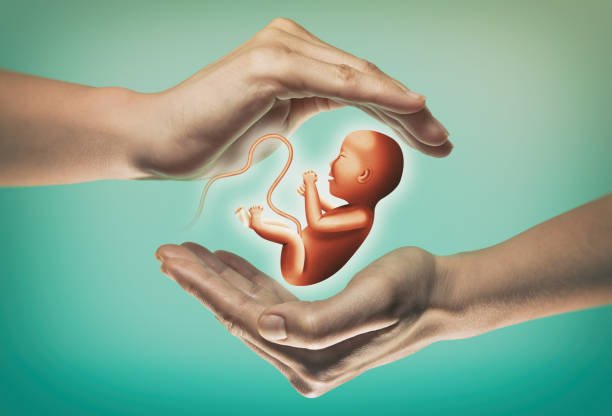
In Vitro Fertilization (IVF) is an advanced fertility treatment that involves retrieving eggs from a woman’s ovaries and fertilizing them with sperm in a laboratory. The resulting embryos are then transferred to the uterus to achieve pregnancy. IVF helps individuals and couples struggling with infertility, including age-related issues or blocked fallopian tubes. It also enables genetic screening and embryo freezing. This technique has brought hope to millions worldwide, making parenthood possible through medical innovation and reproductive technology.

Intrauterine Insemination (IUI) is a fertility treatment that involves placing specially prepared sperm directly into a woman’s uterus during ovulation. This increases the chances of fertilization by bringing the sperm closer to the egg. IUI is often used for couples with unexplained infertility, mild male factor infertility, or cervical mucus issues. It is a less invasive and more affordable option compared to IVF. The procedure is quick, usually painless, and can be timed with or without fertility medications.

Intracytoplasmic Sperm Injection (ICSI) is an advanced form of IVF used to treat severe male infertility. In this procedure, a single healthy sperm is directly injected into an egg to achieve fertilization. ICSI is especially helpful when sperm count is low, sperm motility is poor, or previous IVF attempts have failed. Once fertilized, the embryo is transferred to the uterus. This technique offers hope to couples facing male fertility challenges and greatly improves the chances of successful conception.

Egg and sperm donation are assisted reproductive techniques that help individuals or couples conceive when they are unable to produce viable eggs or sperm. Donor eggs are often used in cases of advanced maternal age, poor egg quality, or genetic conditions, while donor sperm helps in cases of male infertility or single-parent pregnancies. The donated egg or sperm is fertilized through IVF or IUI and implanted into the uterus. These options offer hope and the possibility of parenthood to many.

Embryo freezing, also known as embryo cryopreservation, is a process where fertilized embryos are preserved at very low temperatures for future use. This technique is commonly used during IVF treatments to store extra embryos for future pregnancy attempts, reducing the need for repeated egg retrievals. It also benefits individuals undergoing medical treatments like chemotherapy that may affect fertility. Frozen embryos can be thawed and transferred to the uterus at a later time, offering flexibility and higher chances of conception.

Surrogacy is an assisted reproductive method where a woman, called a surrogate, carries and delivers a baby for another individual or couple. It is used when the intended parent(s) are unable to conceive or carry a pregnancy due to medical or personal reasons. In gestational surrogacy, the embryo is created using the intended parents' or donors' egg and sperm through IVF, meaning the surrogate has no genetic link to the child. Surrogacy offers a pathway to parenthood for many.

Hormone therapy for ovulation is a fertility treatment that uses medications to stimulate the ovaries to release one or more eggs during a woman’s cycle. It is commonly used for women who have irregular ovulation or do not ovulate at all. Medications such as Clomiphene Citrate or injectable gonadotropins help regulate hormone levels and encourage egg development. This therapy can be used alone or with procedures like IUI or IVF, improving the chances of conception by ensuring timely ovulation.

Preimplantation Genetic Testing (PGT) is a procedure used during IVF to screen embryos for genetic abnormalities before implantation. A few cells are taken from each embryo and tested in a lab to identify conditions like Down syndrome, cystic fibrosis, or chromosomal imbalances. This helps ensure that only healthy embryos are selected for transfer, increasing the chances of a successful pregnancy and reducing the risk of miscarriage or genetic disease. PGT is especially beneficial for older parents or those with genetic concerns.